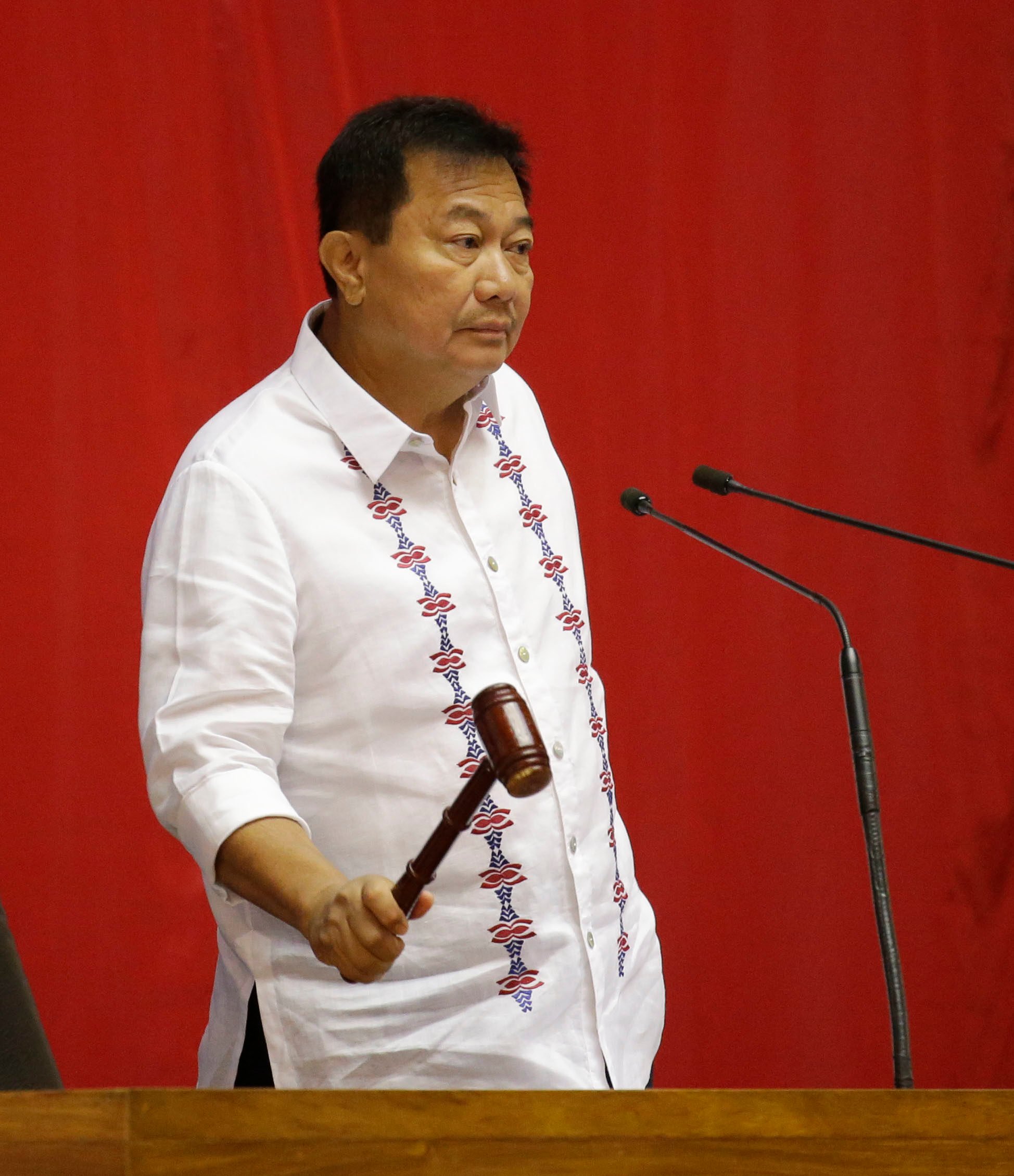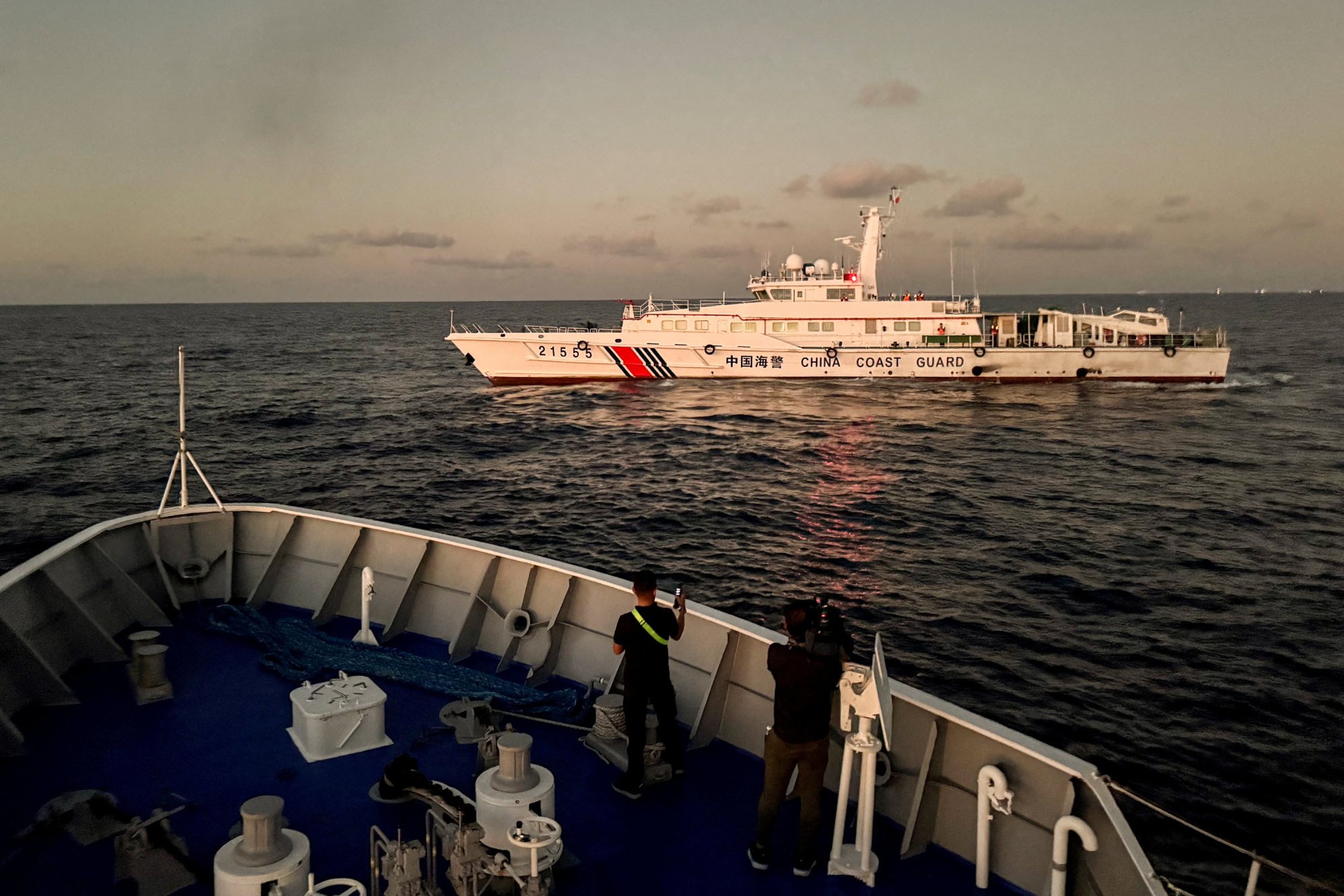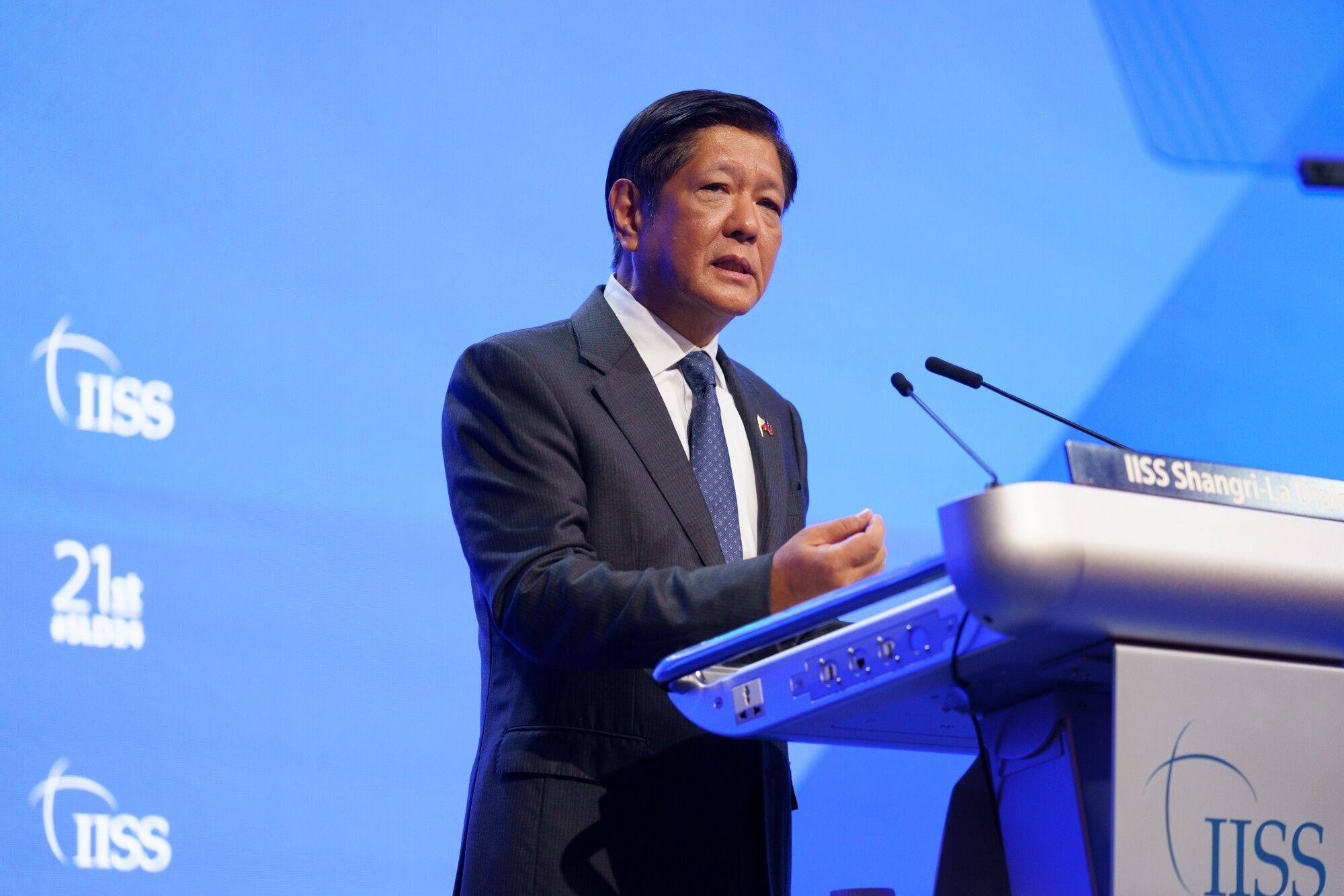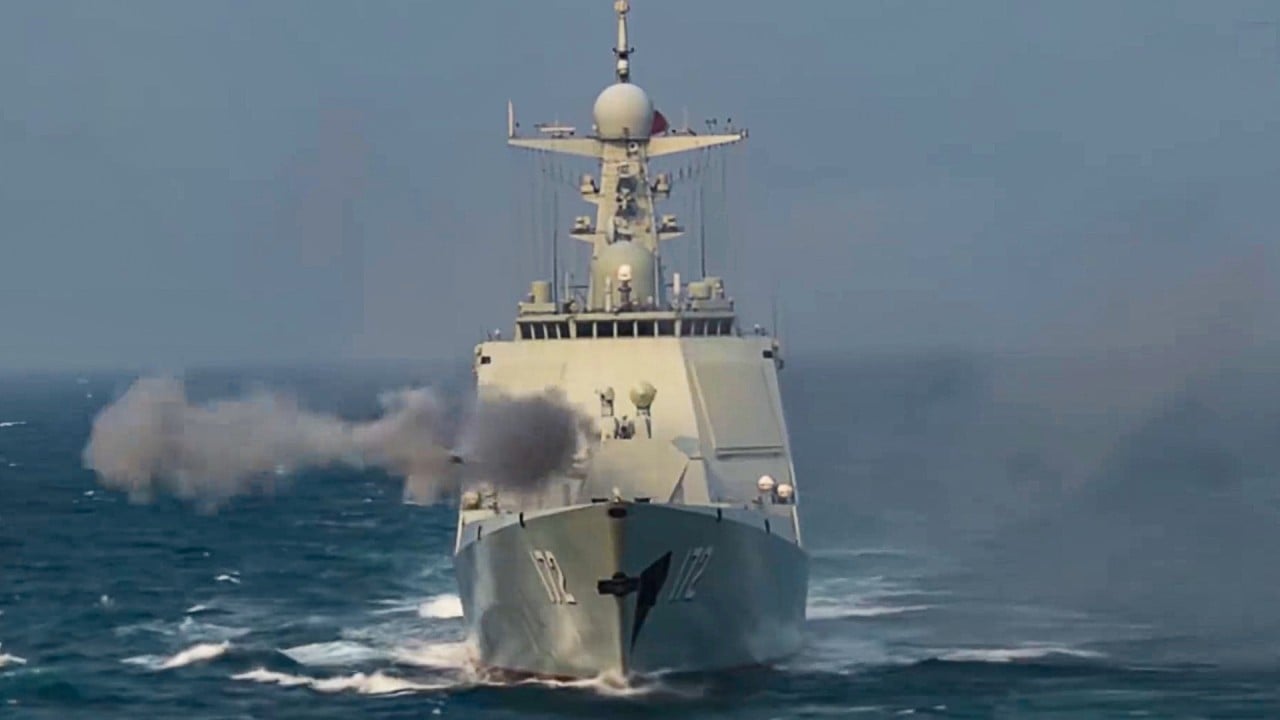Last week, The Philippine Star reported on coordinated efforts by anonymous Chinese social media accounts that shared a November statement by Pantaleon Alvarez, a representative from Davao del Norte, calling for the secession of Mindanao’s southern islands from the rest of the Philippines.

Online personalities linked to the Duterte camp amplified the secession posts, claiming Marcos’ administration was escalating the issue. Pro-Duterte commentator Rigoberto Tiglao, for example, wrote that officials’ “knee-jerk reactions” signalled to the world “that there is already an ongoing armed secession movement” – after National Security Adviser Eduardo Año and Defence Secretary Gilberto Teodoro had said that any secession movement would be “met by the government with resolute force”.
The suspected disinformation campaign aligned with Beijing’s “grey-zone” strategy of using covert tactics like cognitive warfare to achieve strategic objectives without direct military action, Ona said.
“We can also see that disinformation is being pushed through traditional channels, such as state media, astroturfing techniques using pro-Beijing social media sites for amplification, and trolls,” he told This Week in Asia.
A US State Department report last year accused China of spending billions of dollars to expand global disinformation campaigns that it said constrain free speech and undermine information reliability.
“The tactic is to generally push a cyber-enabled disinformation campaign combined with offensive cyber operations, such as hacking of public data and cyberespionage,” Ona said, noting that this strategy often works in tandem with other malign tactics, like sowing division, co-opting local leaders, and controlling critical infrastructure.

He said these efforts aimed to advance Beijing’s strategic vision of national rejuvenation and hegemony over the Indo-Pacific by 2049, as part of its “Chinese dream”.
“Its excessive claims in the South China Sea, its Belt and Road Initiative, among others, are part of this goal. It also plays the victim card by saying that China has endured centuries of humiliation perpetrated by foreign powers,” Ona said, arguing that Beijing extended its victimhood narrative to territorial claims in the West Philippine Sea – Manila’s term for its exclusive economic zone within the larger disputed waterway.
Information warfare
The month before, an anonymous hacker breached the Philippine coastguard’s Facebook page, flooding it with malicious content for a week before the government regained control.
Marcos’ website, the Department of Information and Communications Technology’s email server, and the National Coast Watch Centre also fell prey to hackers in January. The information department said the hackers were traced by investigators and were suspected of using the services of state-owned telecoms company China Unicom.
Don McLain Gill, a geopolitical analyst and lecturer at De La Salle University’s Department of International Studies in Manlia, noted a rise in information operations targeting the Marcos administration’s policies to secure Philippine sovereignty, coinciding with Manila’s efforts to bolster security ties and economic cooperation with the US.
Sowing discord
Gill said Beijing wanted to undermine the Philippines-US alliance and reshape the political landscape ahead of elections by sowing societal discord.
While Marcos has two years left in post until the Philippines’ next presidential race, midterm polls are set take place in 2025 for Senate and local government seats.
Gill said Beijing’s disinformation campaign on social media platforms like YouTube aimed to catalyse domestic unrest in the Philippines by spreading fabricated videos and posts “with the general aim of catalysing domestic clamour” and convincing Filipinos that Manila was provoking conflict in the South China Sea.

“Such information manipulation also aims to harness Filipinos’ negative perceptions of the US and its alliance network in the Indo-Pacific. More importantly, Beijing’s media mouthpieces, like the Global Times and the China Daily, conveniently parrot such narratives. One can safely assume that there is a strong link with Beijing’s overarching interests,” Gill said.
He called information operations a common “sharp power” tactic, referring to a country’s ability to disrupt governance and social cohesion in a target state through disinformation and propaganda.
Gill said democracies were more vulnerable to sharp power due to their open information flows, unlike authoritarian states that regulate media, and urged Manila to proactively counter the spread of malicious online disinformation.
“This is no time to be complacent. Manila must continue to consolidate a whole-of-government and society approach to call out and push back such malicious information. This will require a robust public-private partnership,” he said.
“Constant effort is needed from Manila to sustain its ability to transparently communicate its people-centric and agency-driven approach in the West Philippine Sea.”
China is not the only country that has been accused of conducting disinformation campaigns that have impacted the Philippines.


